Použití programovacího jazyka Rust na produkčním systému
- Pavel Tišnovský, Red Hat
ptisnovs@redhat.com
- Prezentace:
- Zdrojový kód prezentace:
Anotace
Jazyk Rust se stává mezi programátory stále populárnější alternativou k C++ na straně jedné a k jazykům vybavených automatickým správcem paměti (GC) na straně druhé. Na této přednášce si řekneme, které vlastnosti Rustu zjednodušují jeho použití v produkčních systémech, které knihovny se nejčastěji používají a jak se aplikace psané v Rustu zabezpečují.

Obsah přednášky
- Požadavky na produkční jazyk v současnosti
- Popularita a rozšířenost Rustu
- Charakteristické rysy Rustu
- Rust versus C/C++
- Rust versus Go
- Komunikace s překladačem
- Datové typy
- Zajímavé prvky jazyka
- Přístup k OO v Rustu
- Správa paměti
- Vlákna
- Testování
- Správce balíčků (Cargo)
- Vybrané balíčky
- Nasazení aplikací
- Web Assembly
- Rozhraní s Pythonem
- Dokumentace
Požadavky na produkční jazyk v současnosti
- Korektnost programů
- Udržovatelnost
- Bezpečnost
- Stabilita ekosystému
- Dostatek vývojářů
- Nároky na systémové zdroje
- Více RAM -> větší náklady v kontejnerizovaném světě
- API a komunikace s dalšími (mikro)službami
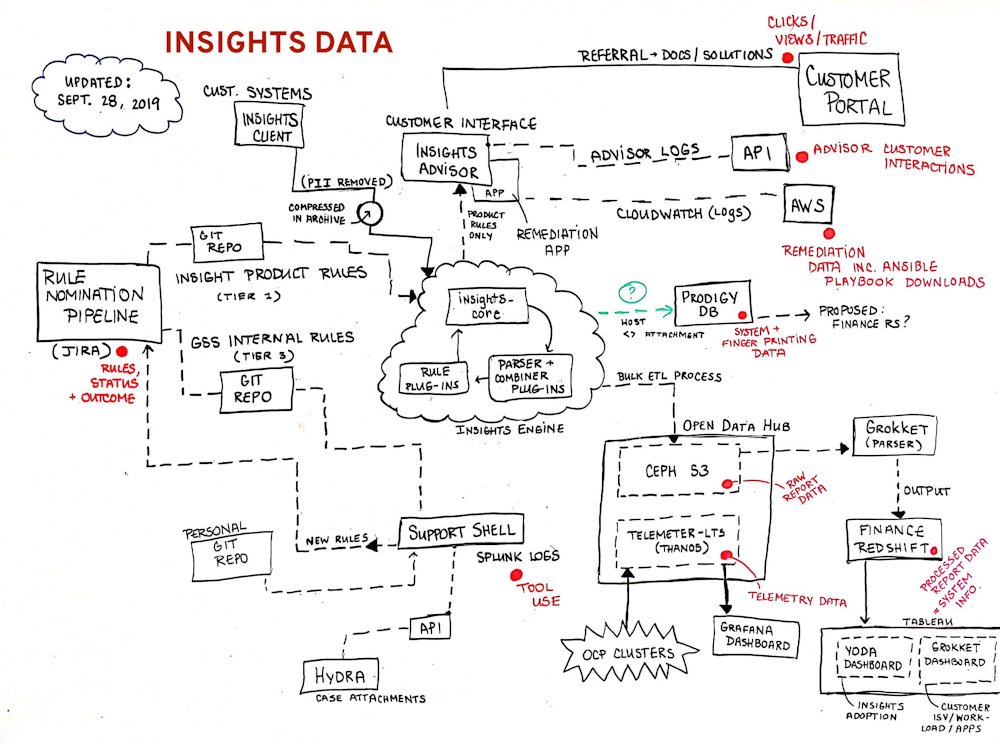
Popularita a rozšířenost Rustu
Popularita Rustu
- Několik různých metodik, jak popularitu měřit
- Tiobe index
- PYPL (PopularitY of Programming Languages)
- OpenHub (pro zaregistrované repositáře)
- StackOverflow (každoroční dotazníky)



Rozšířenost Rustu
- Dostupných mnoho statistických informací
- Můžeme jim věřit?
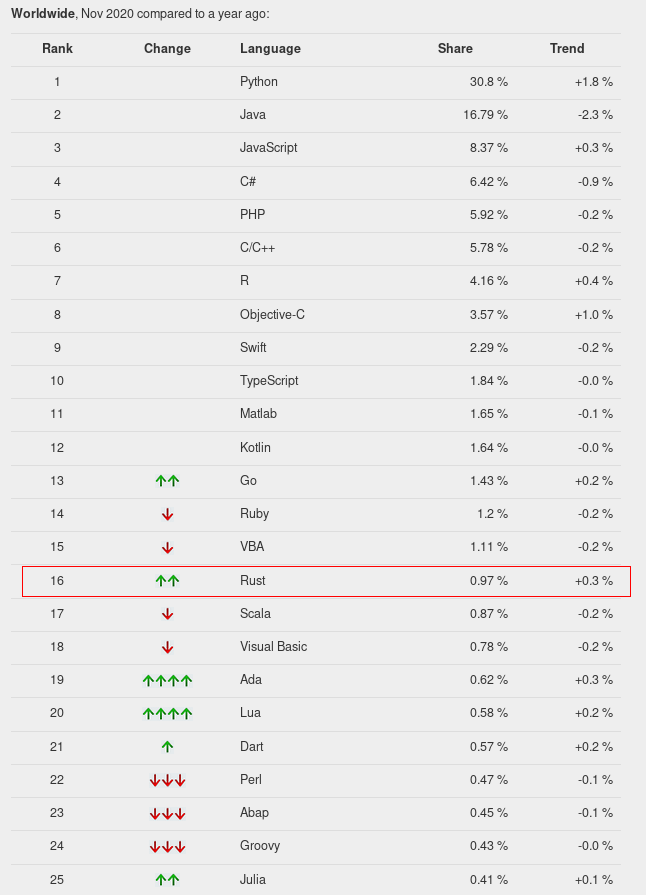
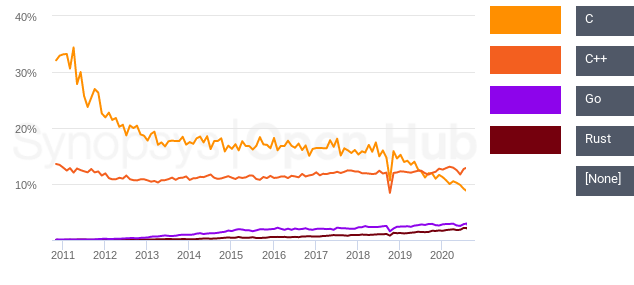

Charakteristické rysy Rustu
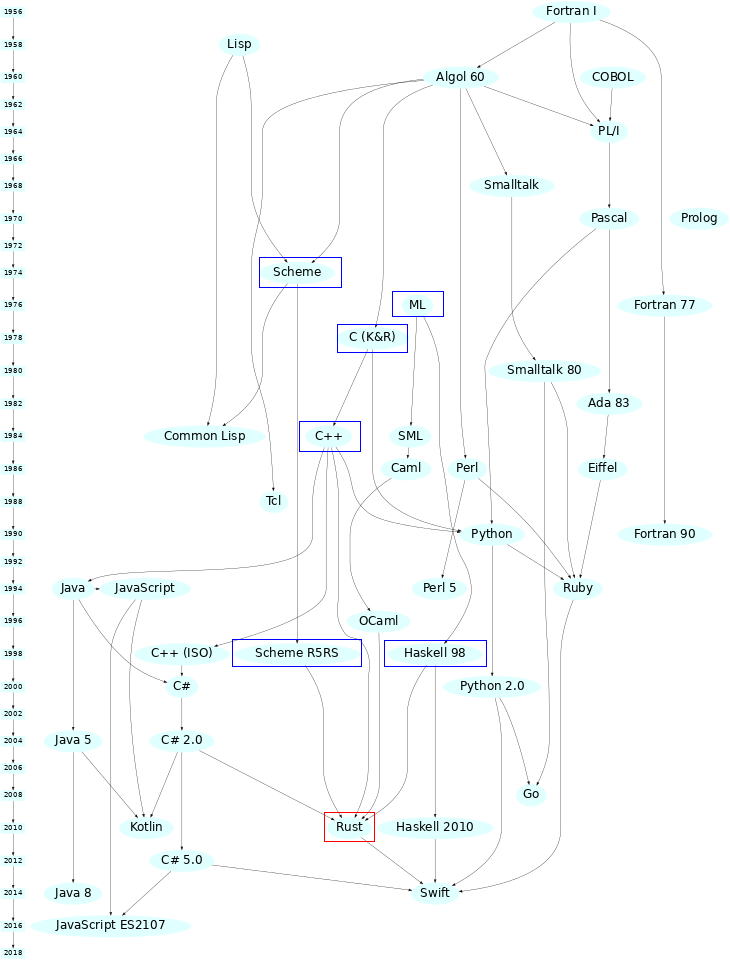
- Cíle
- Bezpečné aplikace
- Paralelní běh částí aplikace
- Výkon srovnatelný s C a C++ (i pro nové prvky jazyka)
- https://benchmarksgame-team.pages.debian.net/benchmarksgame/fastest/rust.html
- Překladač s rozumným chybovým hlášením
- Nízkoúrovňový a současně vysokoúrovňový jazyk
- Poučení z chyb, které najdeme například v C/C++ nebo v Javě
- (=, string, ptr, makrosystém)
- NPE

Charakteristické rysy Rustu
- Multiparadigmatický jazyk
- Funcionální rysy
- Imperativní
- Má některé OO rysy (ne však systém tříd)
- Dostupný pro všechny „zajímavé“ systémy
- Linux, (Free)BSD, OS X, Windows
- Používaný na velkém množství architektur procesorů
- i686, x86-64, ARMv6/v7 (32), AArch64, MIPS, PowerPC, S390
- RISC-V
- Bare Cortex-M0, M0+, M1, M4(F), M7(F) bare = bez OS, jen core library
- (dokonce i pro MSP430 - 16bit MCU!)
- Platform Support (1)
- Platform Support (2)
- Současná verze používá LLVM backend
- Možnosti pro další vylepšování překladu (dovoluje i WebAssembly přes Emscripten i přímo)
- https://www.rust-lang.org/what/wasm
- Další info
Charakteristické rysy Rustu
- Unicode řetězce (UTF-8)
- Odvození typů proměnných (type inference)
- Striktní typová kontrola
- OOP založené strukturách (struct) a traitech
- × třídy, objekty a rozhraní
- Životní cyklus hodnot (zejména referencí)
- (borrow)
- Bezpečná práce s objekty uloženými na zásobníku i haldě
- NPE? co to znamená? :-)
- Sémantiky „copy“ a „move“
- Generické parametry funkcí, prvky struktur, …
- Pattern matching
- Funkce jsou taktéž datovým typem
- ⇒ lambdy atd.
Rust versus C/C++
(D, Go, Nimrod…)
- Syntaxe Rustu jen částečně odvozena od C/C++
- Využití existujícího „ekosystému“
- Použití již hotových C knihoven
- Foreign Function Interface (FFI)
- C++ knihovny
- Stále ještě v některých případech problematické
- Použití již hotových C knihoven
- C ⇒ Rust
Rust versus Go

- Jedná se skutečně o konkurenty?
- Z pohledu mnoha vývojářů ano…
- Vznik zhruba ve stejný čas
- Go veřejně představeno 2009
- Rust 2010 (teoretické práce jsou starší)
- Společná snaha o vyřešení některých problémů céčka
- bezpečná práce s paměti
- nutnost
- nikdo dnes nemůže přijít s jazykem s manuální správou paměti
- vícevláknové aplikace
- řetězce
- výjimečné stavy a jejich detekce/řešení/řízení
- problémy s textovými makry
- bezpečná práce s paměti
- Překlad do nativního kódu
- Jazyky s podporovaným ekosystémem
- Dnes prakticky nutnost
- pypi
- Ruby Gems
- Rust: Cargo
- Go: zpočátku přístup “jedno repo, jeden master”
- dnes postupně vytvářený ekosystém okolo Go mod
- Dnes prakticky nutnost
Dobře, ale jedná se SKUTEČNĚ o konkurenty?
- Rust míří na vývojáře používající C++ či D
- Pravděpodobné směřování i do oblasti výkonnějších MCU (tudíž složitějších aplikací)
- Go směřuje spíše do oblasti, kde se používá Node.js, Python, Ruby
- Webové služby
- Síťové nástroje
A samozřejmě oblíbené téma pro debaty…
- Formát zápisu programů
- autoři Go: lepší je se soustředit na vlastní vývoj
- Definován kanonický formát
- gofmt
- taby atd.:)
Vybrané společné rysy jazyků Go a Rust
- Podporovány společnostmi soutěžícími na poli browserů
- Výsledkem překladu jsou nativní knihovny nebo spustitelné aplikace
- Dobré (nekryptické) chybové zprávy překladačů
- × chyba v šabloně v C++
- Syntaxe částečně připomínající “lepší” C
Porovnání Rustu a Go z hlediska vývojáře
Jazyk Rust Go
Přístup moderní konzervativní
Syntaxe komplikovaná jednoduchá, minimalistická
Učící křivka menší sklon větší sklon
Učící křivka větší ampli. menší amplituda
Rychlost překladu pomalejší rychlejší
Backend LLVM vlastní
Linkování static/dynamic přes -buildmode (//export!!!)
Rychlost kódu rychlejší pomalejší
Typový systém rozsáhlý bez generik
Neměnnost explicitní string, další přes rozhraní
Práce s pamětí vlastnictví GC
Detekce souběhu ano jen nepřímo
Závislosti cargo Go moduly
Rychlost přeložených aplikací
- Go - vlastní překladač
- Self hosting
- (bootstraping problem)
- Rychlejší překlad
- Méně optimalizovaný strojový kód
- (projekt llgo - Go frontend pro LLVM)
- Rust - založen na LLVM
- Pomalejší překlad
- Optimalizace na úrovni dalších LLVM jazyků
Více info
Některé význačné rysy Rustu

Komunikace s překladačem
- Chybová hlášení musí být přesná a ideálně obsahovat nápovědu
- Ne všechny programovací jazyky toto dodržují
- Generate the longest error message in C++
Chybová hlášení překladače Rustu
error[E0382]: use of moved value: `c`
--> an_example.rs:40:8
|
39 | funkce1(c);
| - value moved here
40 | funkce2(c);
| ^ value used here after move
|
= note: move occurs because `c` has type `std::rc::Rc<Complex>`, which does not implement the `Copy` trait
Další příklad
- Několik začátečnických chyb v programovém kódu:
fn foo(a int32) {
println!(a)
}
fn main() {
let x:i32 = 10
foo(x);
}
- Výsledek běhu překladače Rustu:
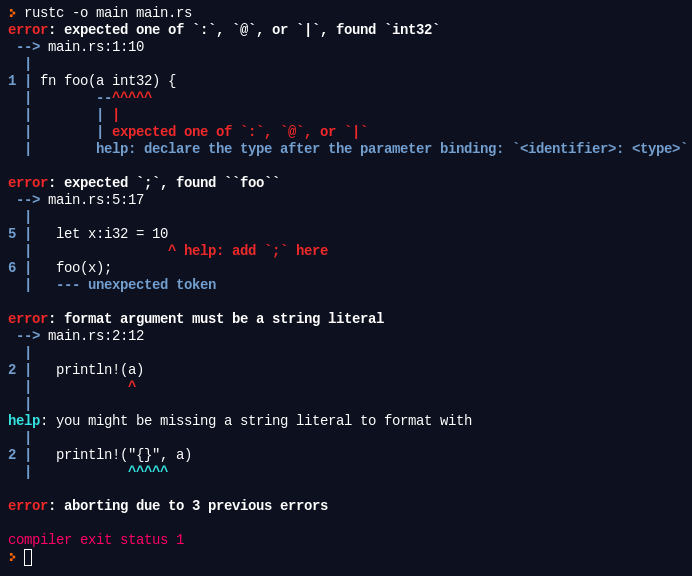
Datové typy
- Skalární
- celá čísla
i8,u128atd. - s plovoucí řádovou čárkou
- pravdivostní
- znak
- celá čísla
- Složené
- n-tice
- pole
- struktury
- enum
- Odvozené
- vektory
- řetězce
- …
- Další info
Odvození typů
// odvození typu všech proměnných (i z)
// použití makra println!
fn main() {
let x = 6;
let y = 7;
let z;
// překladač až nyní získá informace o typu
z = x * y;
println!("{} * {} = {}", x, y, z);
}
Typ Option
- Nahrazuje koncept
null - Lze použít pattern matching
- Další info
fn div(x: i32, y: i32) -> Option<i32> {
if y != 0 {
Some(x / y)
} else {
None
}
}
fn main() {
let z1 = div(2, 1);
println!("{:?}", z1);
let z2 = div(2, 0);
println!("{:?}", z2);
}
Typ Result
- Nahrazuje koncept
nullpopř. speciálních chybových hodnot - Lze použít pattern matching
- Další info
fn div(x: i32, y: i32) -> Result<i32, &'static str> {
if y != 0 {
Ok(x / y)
} else {
Err("Divide by zero!")
}
}
fn main() {
let z1 = div(2, 1);
println!("{:?}", z1);
let z2 = div(2, 0);
println!("{:?}", z2);
}
Typ Result a pattern matching
fn div(x: i32, y: i32) -> Result<i32, &'static str> {
if y != 0 {
Ok(x / y)
} else {
Err("Divide by zero!")
}
}
fn print_div_result(result: Result<i32, &'static str>) {
match result {
Ok(value) => println!("value: {}", value),
Err(error) => println!("error: {}", error),
}
}
fn main() {
let z1 = div(2, 1);
print_div_result(z1);
let z2 = div(2, 0);
print_div_result(z2);
}
Použití typu Result při výpočtech
fn div(x: i32, y: i32) -> Result<i32, &'static str> {
if y != 0 {
Ok(x / y)
} else {
Err("Divide by zero!")
}
}
fn print_div_result(result: Result<i32, &'static str>) {
match result {
Ok(value) => println!("value: {}", value),
Err(error) => println!("error: {}", error),
}
}
fn inc(x: i32) -> i32 {
x + 1
}
fn main() {
let z0 = div(0, 1);
print_div_result(z0);
print_div_result(z0.map(inc));
let z2 = div(2, 0);
print_div_result(z2);
print_div_result(z2.map(inc));
}
Anonymní funkce jsou hodnotami
fn main() {
let is_odd = |x: i32| x & 1 == 1;
//let is_even = |x: i32| !is_odd(x);
let square = |x: i32| x*x;
for x in 0..10 {
println!("{}*{}={}, {} is {} number",
x, x, square(x), x, if is_odd(x) {"odd"} else {"even"})
}
}
(Anonymní) funkce jsou hodnotami
fn main() {
let is_odd = |x: i32| x & 1 == 1;
//let is_even = |x: i32| !is_odd(x);
let square = |x: i32| x*x;
for x in 0..10 {
println!("{}*{}={}, {} is {} number",
x, x, square(x), x, if is_odd(x) {"odd"} else {"even"})
}
}
Zajímavé prvky jazyka
- Neměnitelné hodnoty
- Výchozí modifikátor
- Lze změnit pomocí
mut
- Rozsah (
range) - Řídicí struktury
- Vrací hodnotu
- Anonymní funkce
- Funkce vyššího řádu
mapfiltertaketake_whilefold- Nekonečné sekvence
- Pattern matching
- Makra
- Unsafe bloky
Tabulka faktoriálů
- Použití anonymních funkcí a funkcí vyššího řádu
fn main() {
for n in 1..10 {
let fact = (1..n + 1).fold(1, |prod, x| prod * x);
println!("{}! = {}", n, fact);
}
}
Nekonečné sekvence
fn main() {
let iter1 = 1..;
let iter2 = iter1.filter(|x| x % 2 == 0);
let iter3 = iter2.take(10);
let suma = iter3.fold(0, |sum, x| sum + x);
println!("sum = {}", suma);
}
Pattern matching
- Je nutné uvést všechny možné větve
- hlídáno překladačem
// matching (nejjednodušší varianta)
fn main() {
let x: i32 = 1;
match x {
0 => println!("zero"),
1 => println!("one"),
2 => println!("two"),
3 => println!("three"),
_ => println!("something else"),
}
}
Pattern matching: složitější konstrukce
// matching, složitější ukázka
fn classify(x:i32) -> &'static str {
match x {
0 => "zero",
1 | 2 => "one or two",
3 | 4 | 5 => "from three to five",
10 ... 20 => "from ten to twenty",
_ => "something else",
}
}
fn main() {
for x in 0..10 {
println!("{}:{}", x, classify(x))
}
}
Přístup k OO v Rustu
- Vlastnictví objektů
- Reference
- Sémantika „move“
- Sémantika „copy“
- Traity
- Kombinace trait+struktura+metody
- Konstruktory a destruktory
- Trait „Drop“
- Přetěžování operátorů
- Přetížení = implementace traitu
- Generické funkce
- Další info
Správa paměti
- Zásobník versus halda
- Box
- Rc
- Arc
- Pole a vektory
- slice
- Další info
Box
- Alokace objektu na haldě
- „Obaluje“ vlastní objekt (číslo, strukturu, pole)
- Trait Deref - snadný přístup k obalenému objektu
- Hlídání životnosti objektu i ukazatele
- Nemůže být
NULL/nil
fn main() {
let x = Box::new(42);
println!("{}", x);
}
let c = Box::new(Complex::new(1.0, 2.0));
// deref
fn print_complex(c: Box<Complex>) {
println!("Complex number: {:}+{:}i", c.real, c.imag);
}
Rc
- Počítání referencí
Rc::clone()- Pokud čítač dosáhne nuly, je Rc i objekt jím vlastněný zrušen
- Automatická dereference (
Dereftrait)
fn main() {
println!("main begin");
let c = Rc::new(Complex::new(0.0, 0.0));
c.print();
{
println!("inner block begin");
let c2 = Rc::new(Complex::new(0.0, 0.0));
c2.print();
{
println!("inmost block begin");
let c3 = Rc::new(Complex::new(0.0, 0.0));
c3.print();
println!("inmost block end");
}
println!("inner block end");
}
println!("main end");
}
// jeden sdílený objekt referencovaný třikrát
fn main() {
println!("main begin");
let c = Rc::new(Complex::new(0.0, 0.0));
c.print();
{
println!("inner block begin");
let c2 = c.clone();
c2.print();
{
println!("inmost block begin");
let c3 = c.clone();
c3.print();
println!("inmost block end");
}
println!("inner block end");
}
println!("main end");
}
Arc
- Taktéž počítání referencí, ovšem atomické
- obecně pomalejší
- možnost přístupu z více vláken
Arc::clone()Dereftrait
fn start_threads() {
let c = Arc::new(Complex::new(1.0, 1.0));
for id in 0..10 {
let owner = ComplexNumberOwner { id: id, value: c.clone() };
// move protože objekt může přežít toto vlákno
thread::spawn(move || {
owner.print();
delay(400);
});
}
}
Pole
- V Rustu považováno za primitivní datový typ
- Dva typy konstruktorů
- Zjištění délky pole za běhu programu
- Přístup k prvkům přes indexy
- Indexy začínají od nuly (C-like × Fortran, Lua)
- „Slice polí“ (efektivní operace)
fn main() {
let array = [10, 20, 30, 40];
// délka pole
println!("array has {} items", array.len());
// range + délka pole
for i in 0..array.len() {
println!("item #{} = {}", i + 1, array[i]);
}
// for-each
for i in array.iter() {
println!("{}", i);
}
}
fn main() {
let array = [1; 10];
// délka pole
println!("array has {} items", array.len());
// range + délka pole
for i in 0..array.len() {
println!("item #{} = {}", i + 1, array[i]);
}
// for-each
for i in array.iter() {
println!("{}", i);
}
}
Vektory
fn main() {
let vector = vec![1, 2, 3, 4, 5];
// délka vektoru
println!("vector has {} items", vector.len());
// range + délka pole
for i in 0..vector.len() {
println!("item #{} = {}", i + 1, vector[i]);
}
// for-each
for item in vector.iter() {
println!("{}", item);
}
// také funguje
for item in &vector {
println!("{}", item);
}
}
„Slice“ polí a vektorů
fn main() {
let array = [1, 2, 3, 4, 5, 6, 7, 8, 9, 10];
let array2 = &array[2..6];
for i in array2.iter() {
println!("{}", i);
}
}
fn main() {
let array = [1, 2, 3, 4, 5, 6, 7, 8, 9, 10];
let array2 = &array[5..];
for i in array2.iter() {
println!("{}", i);
}
}
fn main() {
let vector = vec![1, 2, 3, 4, 5, 6, 7, 8, 9, 10];
println!("vector has {} items", vector.len());
let slice = &vector[3..7];
println!("slice has {} items", slice.len());
}
Vlákna
- Konformní práce s vlákny velmi důležitá, zejména v současnosti
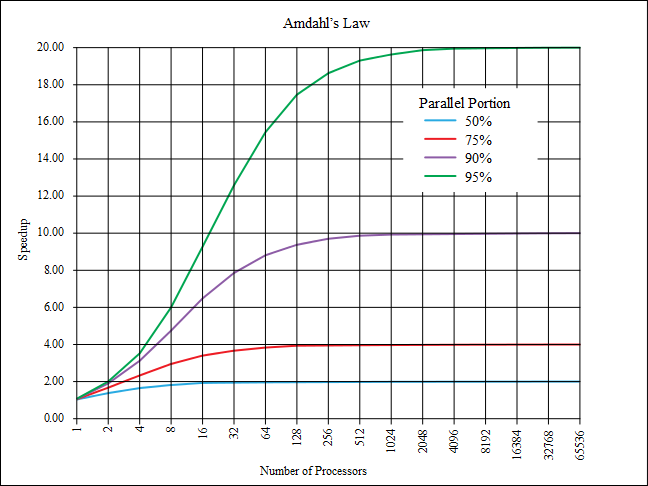
use std::thread;
fn main() {
println!("Starting");
for i in 1..10 {
thread::spawn(move || {
println!("Hello from a thread #{}", i);
});
}
println!("Stopping");
}
Testování
- Problematika testování stále složitějších aplikací a systémů
- CI/CD
- Základní problém
- čím později je chyba odhalena, tím dražší je její oprava
- z jiného oboru:
- triviální úprava ventilu při návrhu motoru
- vs svolávání aut do servisu
- vs případné žaloby v případě, že chyba způsobí nehody
- Další časté problémy dnešních aplikací
- velký vývojářský tým
- používá se větší množství jazyků (jak se domluvit?)
- zákazník a jeho role při vývoji
- někdy nejasné role (vývojář či tester?)
“Pyramida” s různými typy testů
- Business část
- Beta testy
- Alfa testy
- Akceptační testy
- Technologická část
- UI testy
- API testy
- Integrační testy
- Testy komponent
- Unit testy
- Další typy testů
- Benchmarky
Jednotkové testy v Rustu
- Spouštěné přes
cargo test
#[test]
fn ok_test() {
}
#[test]
fn failure() {
assert!(false);
}
Další testy
mockiato- mockingmockito- HTTP mockingrust-fuzz/afl.rs- fuzzer postavený nad AFL
Správce balíčků (Cargo)

Základní funkce
- Vytvoření kostry nového projektu
- Nový projekt obsahuje i adresáře a soubory umožňující podporu SCM
- Git
- Mercurial
- Automatická kontrola, které soubory je zapotřebí přeložit
- Automatické stažení všech knihoven a jejich závislostí
- Spuštění projektu s možností předání parametrů příkazového řádku.
- Spuštění jednotkových testů
- Spuštění benchmarků
- Vyhledání knihovny v centrálním registru zaregistrovaných knihoven
- Publikování vlastního balíčku v centrálním registru (crates.io)
- Instalace aplikace
- Další info
Statistika (tento týden)
- https://crates.io/
- 4,444,104,010 downloads
- 49,047 Crates in stock
Cargo.toml
- De facto popis projektu/modulu
- https://doc.rust-lang.org/cargo/reference/manifest.html
[package]
name = "projectXYZ"
version = "0.1.0"
authors = ["Pepa z depa <pepa@openalt.cz>"]
[dependencies]
rand = "0.3.14"
Použití nástroje Cargo
- První překlad a sestavení
$ cargo build
Compiling project1 v0.1.0 (file:///home/tester/temp/project1)
Finished debug [unoptimized + debuginfo] target(s) in 0.37 secs
- Další překlad a sestavení
$ cargo build
Finished debug [unoptimized + debuginfo] target(s) in 0.0 secs
- Spuštění
$ cargo run
Finished debug [unoptimized + debuginfo] target(s) in 0.0 secs
Running `target/debug/project1`
Hello, world!
Použití nástroje Cargo
- Jednotkové testy
$ cargo test
Compiling project1 v0.1.0 (file:///home/tester/temp/project1)
Finished debug [unoptimized + debuginfo] target(s) in 0.43 secs
Running target/debug/project1-b888664ab405e319
running 0 tests
test result: ok. 0 passed; 0 failed; 0 ignored; 0 measured
Použití nástroje Cargo
- Instalace modulu
$ cargo install
Compiling libc v0.2.17
Compiling rand v0.3.14
Compiling projectXYZ v0.1.0 (file:///home/tester/temp/projectXYZ)
Finished release [optimized] target(s) in 5.88 secs
Installing /home/tester/.cargo/bin/projectXYZ
warning: be sure to add `/home/tester/.cargo/bin` to your PATH to be able to run the installed binaries
Vybrané balíčky
- Jak vybírat?
- Awesome Rust
- https://awesome-rust.com/
Databáze
mysql-proxy-rsrust-postgresredis-rsmongo-rust-driver
ORM
diesel
Data processing
ndarray- Více info
Web
cargo-webhyper(HTTP client)Gotham(web framework)tiny-httpIron(založeno na konceptu middleware)
API a message brokery
futures-jsonrpcnanomsg-rsstomp-rsrust-zmq
Nasazení aplikací
- Kontejnerizace
- Statické linkování
- Více info
Web Assembly
Rozhraní s Pythonem
- Name mangling lze zakázat
ctypesneboCFFI- Více info
#[no_mangle]
pub extern fn add_integers(x: i32, y: i32) -> i32 {
x + y
}
#!/usr/bin/env python3
import ctypes
testlib1 = ctypes.CDLL("target/debug/libtest1.so")
result = testlib1.add_integers(1, 2)
print("1 + 2 = {}".format(result))
result = testlib1.add_integers(1.5, 2)
print("1.5 + 2 = {}".format(result))
Dokumentace
- Generovaná ze zdrojových kódů
- Proč?
- Source of truth
- Markdown
Odkazy
- For Complex Applications, Rust is as Productive as Kotlin https://ferrous-systems.com/blog/rust-as-productive-as-kotlin/